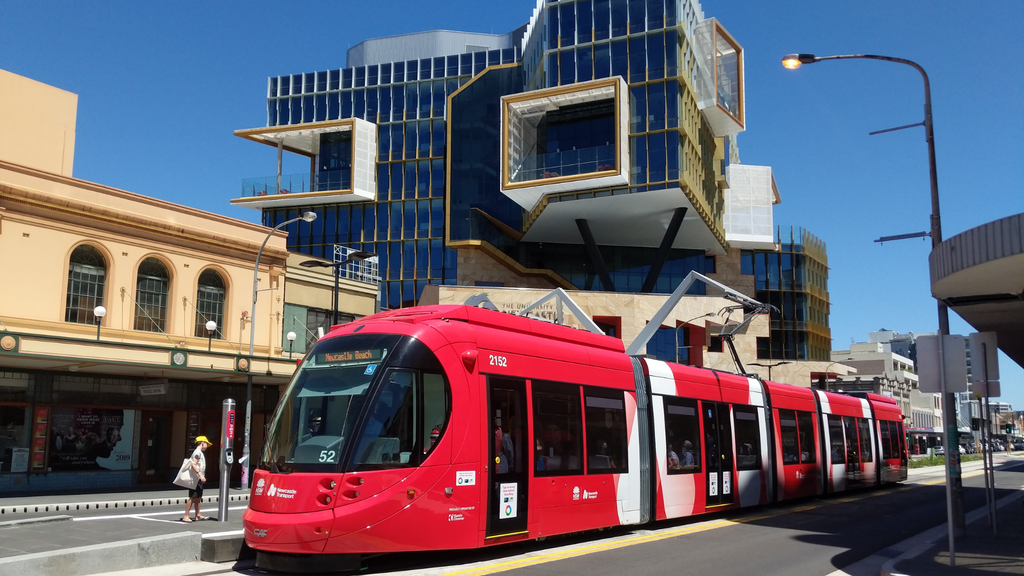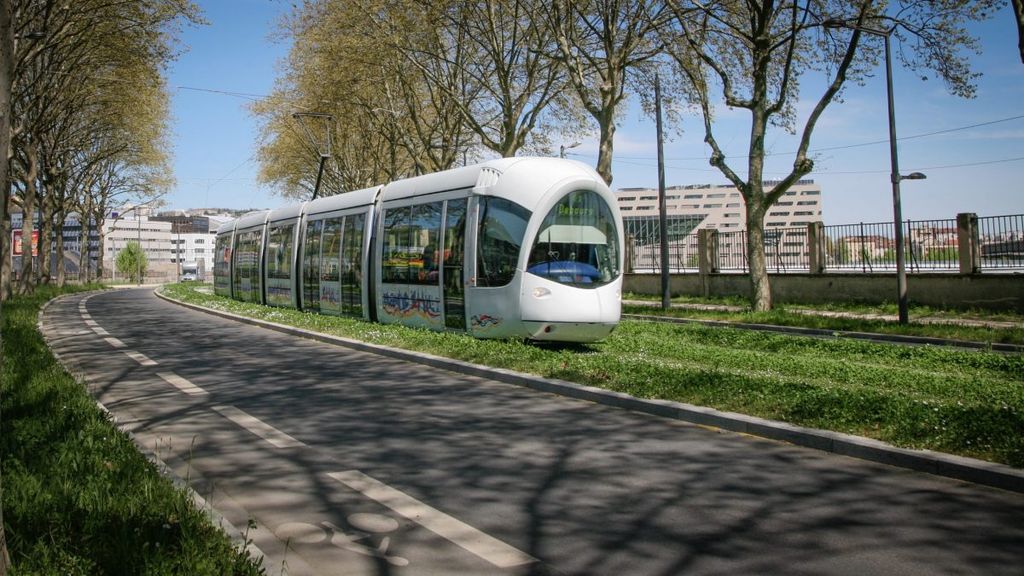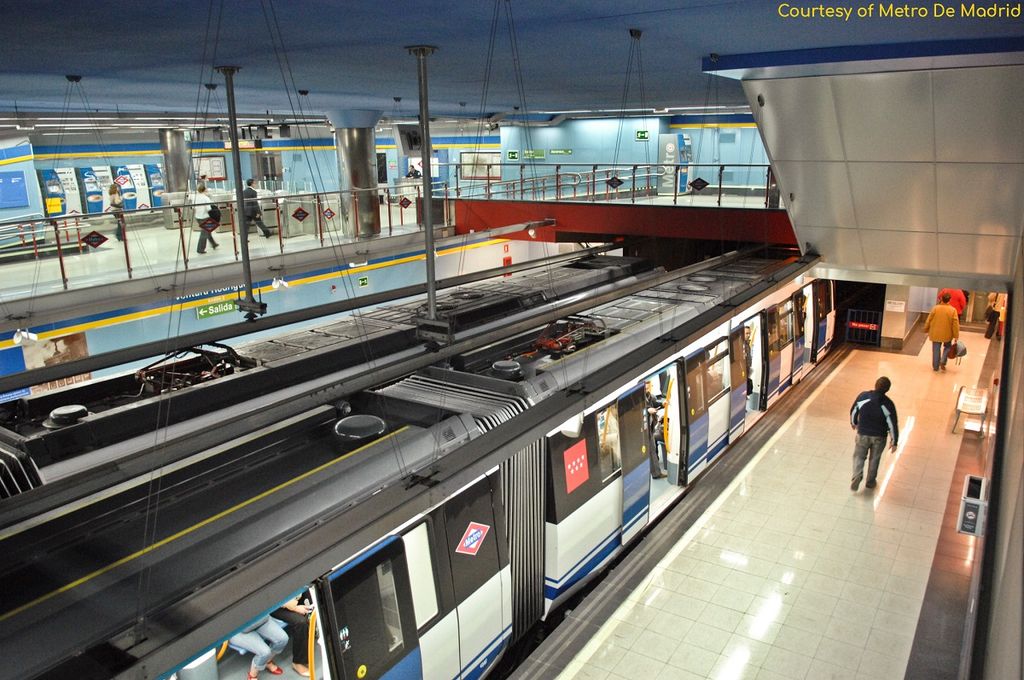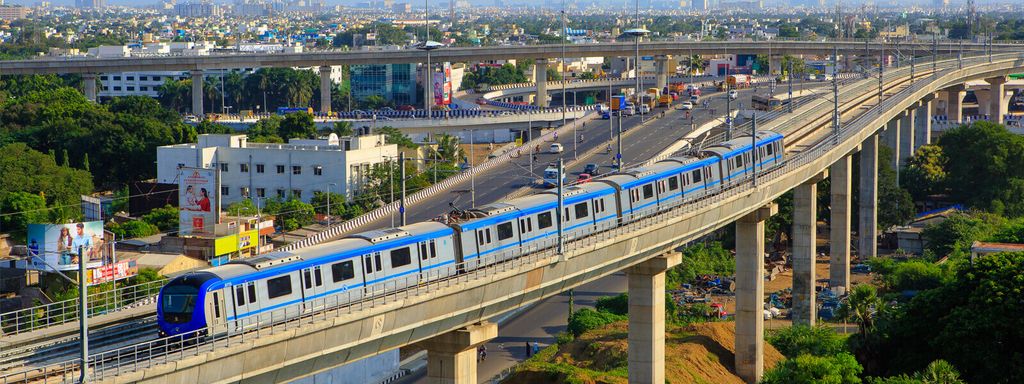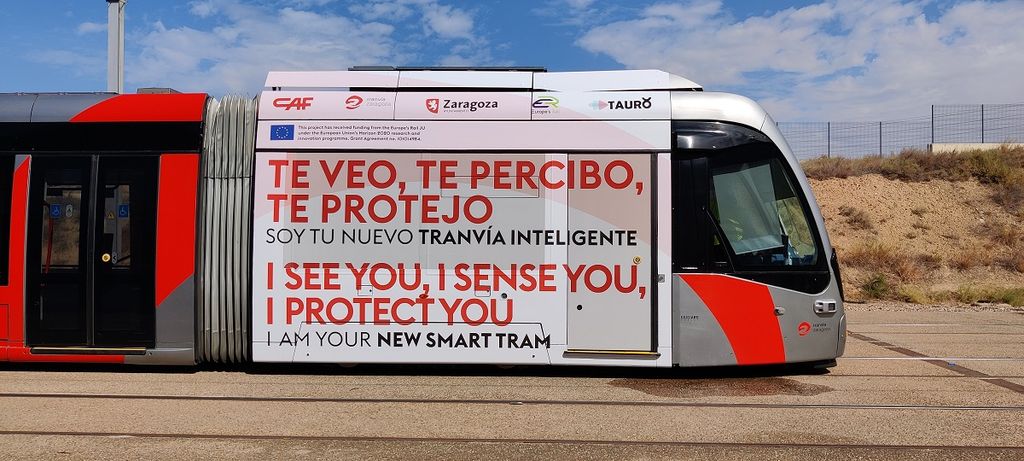
Advancing our railways with automation
for its sustainability, safety, and comfort
Rail is known for its sustainability, safety, and comfort. Our railways connect people and places, whether within a city, region, or in between countries.
Yet over the next decades, the railway sector faces major challenges, having to cope with an ever-increasing demand for transportation of passengers and freight. There will be an urgent need for improvement of the rail transport backbone to enhance infrastructure capacity, while preserving robustness and reliability of the network.
Advancing autonomous tram operation
As of January 2023, UITP is proud to partner in R2DATO: a new European project seeking to advance automation in railways and leverage digitalisation to make our mobility smarter, more efficient, and greener. Coordinated by SNCF, R2DATO will propose the implementation of ongoing and future innovations in digital and automation technologies for (urban) rail operation, developed in such a way that will allow operators to deploy them in a timely and cost-effective way.
Concretely, R2DATO wants to improve the capacity of existing railway networks by increasing punctuality, reliability, staff productivity, rolling stock and infrastructure, taking advantage of the benefits of automation and digitalisation. The project, which is funded under Europe’s Rail, will focus on both mainline and urban rail, including autonomous tram operations.
R2DATO will play a key role in delivering the enhancements required for our railways, including urban rail. Within the project there is dedicated work on tram automation: from the requirements and needs of operators to trial tests by light rail operators.
Autonomous train operations, including for trams, have been tested in other EU Rail projects, including the linked TAURO project (Technologies for the AUtonomous Rail Operation) funded by the Shift2Rail Joint Undertaking (the predecessor of Europe’s Rail). One key partner in this project is UITP member Tranvia de Zaragoza.
Zaragoza is one of the demonstration sites in TAURO, where the operator tests intelligent collision avoidance technologies and Advanced Driver-Assistance Systems (ADAS) features for trams, that became a starting point for autonomous solutions in R2DATO.
Tranvia de Zaragoza is also involved in the R2DATO project. As member of the UITP R2DATO Working Group, the operator will provide support following their experience in previous projects on train automation. We spoke to CEO Ana Moreno about how projects such as R2DATO can advance urban sustainable mobility.
Automation is about developing a complex set of functions aimed to tackle challenges such as improving user safety in operations, increasing efficiency, or reducing energy consumption.
“The concept of autonomous mobility goes far beyond a vehicle moving without the assistance of a driver” – Tranvia de Zaragoza
Can you explain how autonomous train operations can lead to a more sustainable mobility system?
The concept of autonomous mobility goes far beyond a vehicle moving without the assistance of a driver. It is about developing a complex set of functions aimed to tackle challenges such as improving user safety in operations, increasing efficiency, or reducing energy consumption.
Through different technical enablers, rolling stock will be able to know its position accurately and safely in all circumstances, so as to identify the surrounding environment and even to make decisions autonomously. In this way, they will be able to autonomously optimise energy consumption according to the operational context, to avoid incidents and accidents in operation, and to help drivers and staff to make critical decisions.
All this, supported by a global connection deployment among vehicles and with the trackside, will allow a more flexible, efficient and a safer management adapted to the needs of the cities of the future.
Do you already see results from the TAURO project that can also be used in the R2DATO Project?
The R2DATO project is based on the premises established by TAURO. All the work done so far will be the cornerstone on which the developments of the coming years will be based. Thus, all the work done in the Pilot Scheme still installed in Unit 1 of the Zaragoza Tramway in terms of positioning and detection of the environment will be a key in the next steps of the R2DATO demonstrators.
What are your expectations from the R2DATO project?
R2DATO, already in this phase, includes two key opportunities. On the one hand, the project will more strongly position the urban mobility sector in Europe’s Rail. Advanced automation system research and investments have been in recent years more focused on mainlines. Now, with R2DATO, we have the opportunity to improve Urban Rail systems that in European cities carry over 30 billion passengers per year. On the other hand, R2DATO is an unprecedented opportunity to gather expert operators in urban mobility to agree and discuss about operational use cases. It will be an opportunity to approach the basic operational rules that will define the future of this type of operations.
All in all, we are looking forward to an exciting future in which we expect not only reliable and consensual data to help us to improve our operations, but also a strong urban mobility network of influence in Europe.
Tranvia de Zaragoza is a valued member of the UITP Light Rail Committee, which works with members to produce and exchange knowledge on light rail and the evolution of the sector. Last year, the LR Committee held its 75th meeting anniversary – check out its special Digizine created for its anniversary!
For more information about the R2DATO project, or if you are an operator and wish to become a part of the R2DATO Working Group please contact [email protected].
exclusive resources



